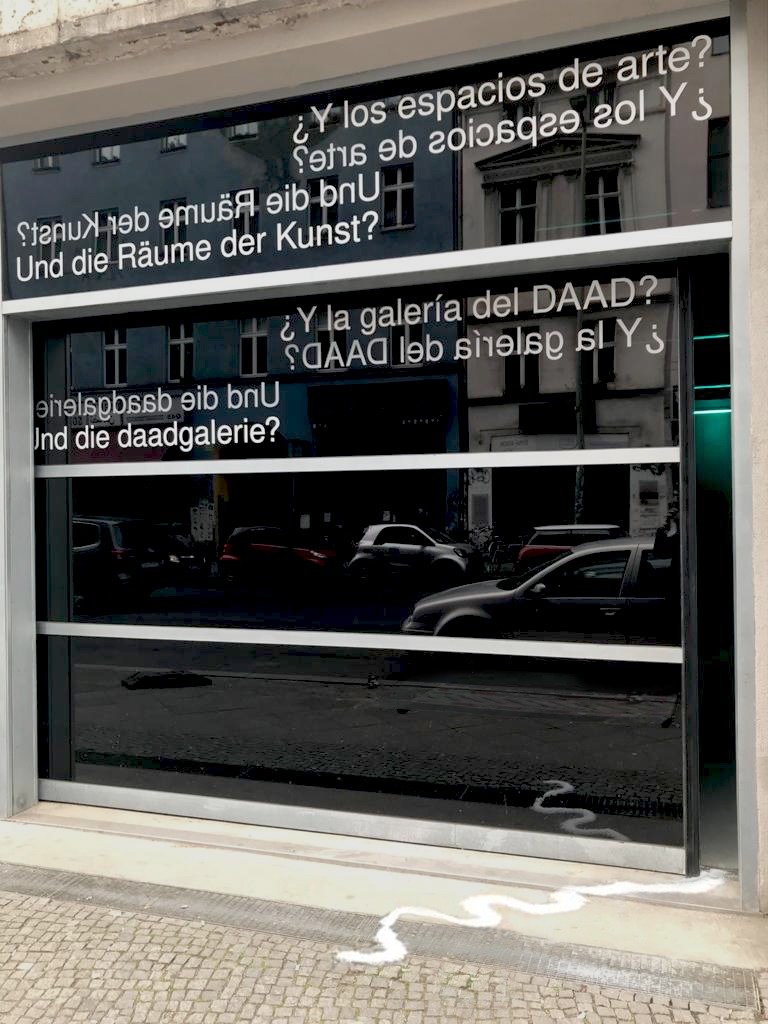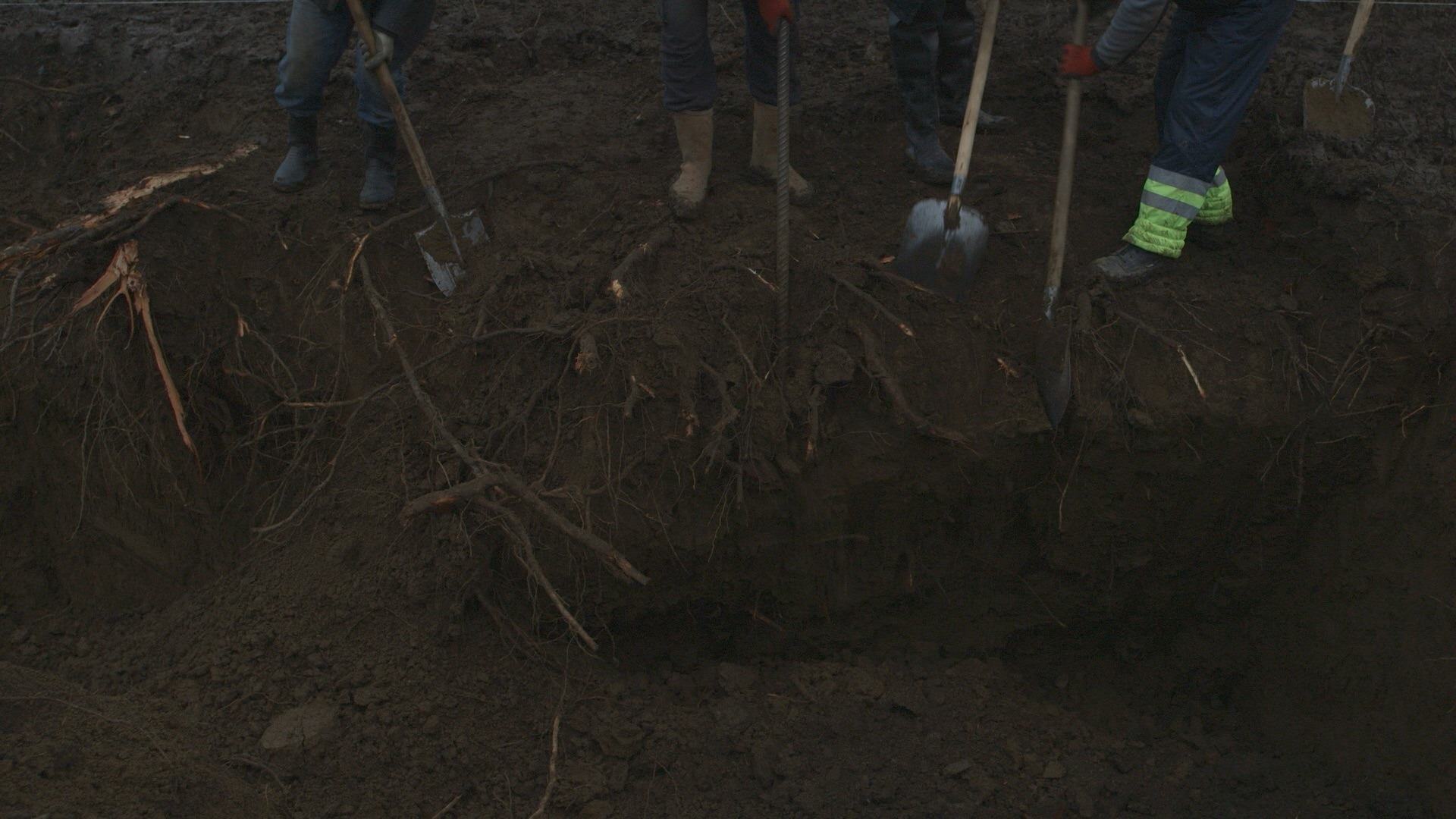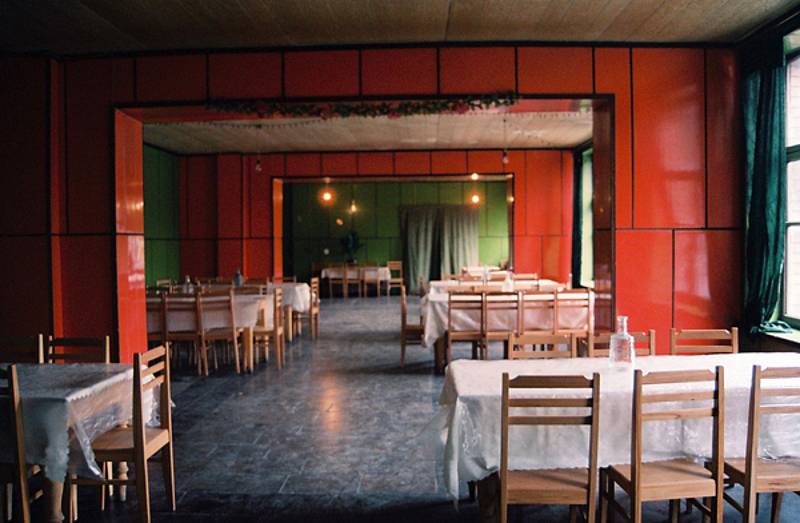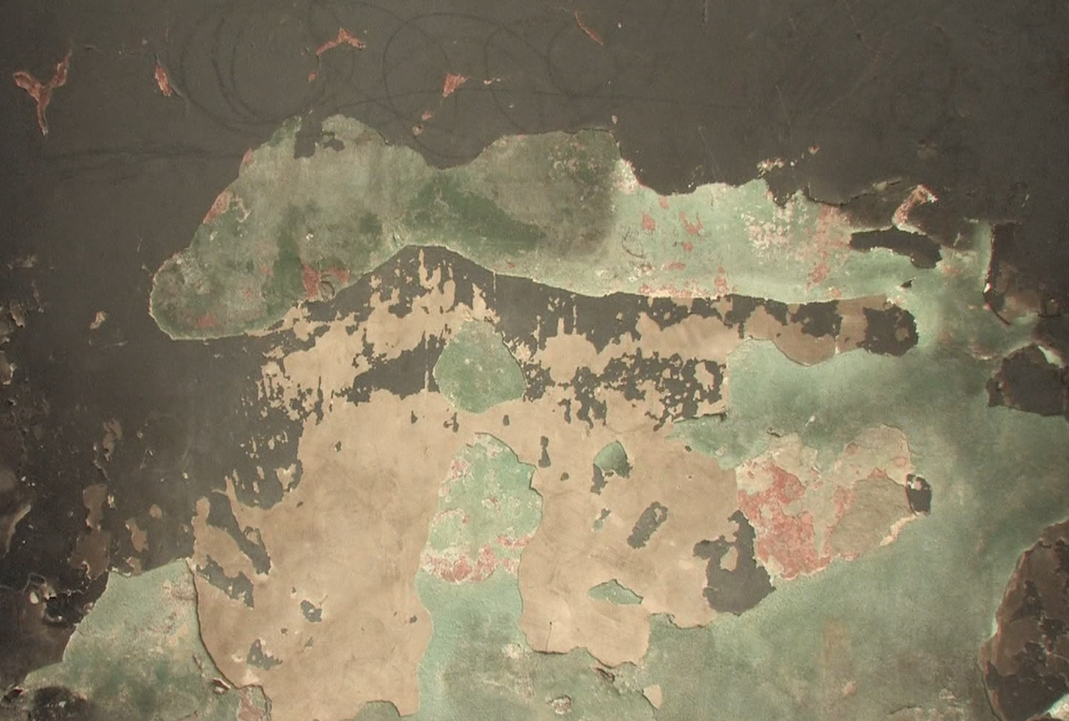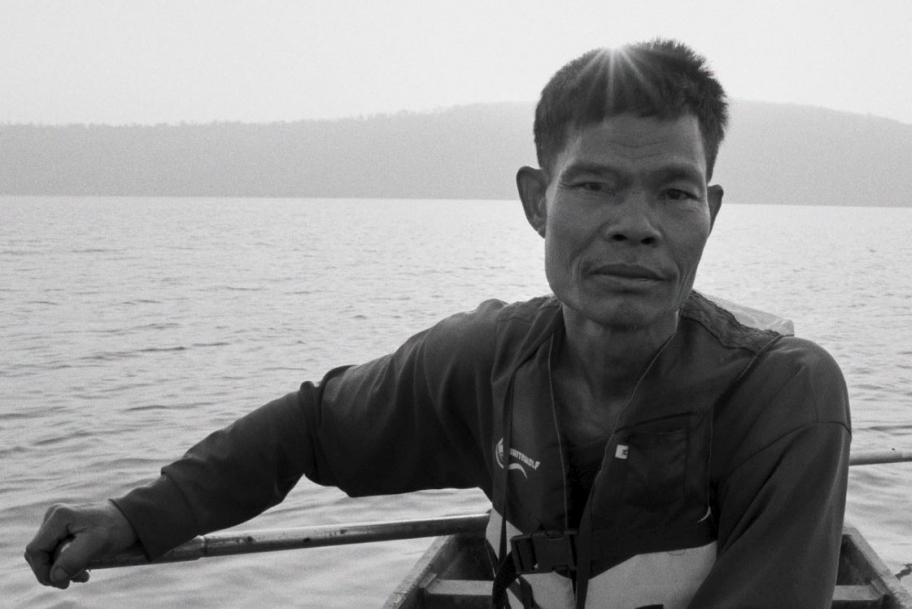Georgia, Film, 2020
Salomé
Jashi
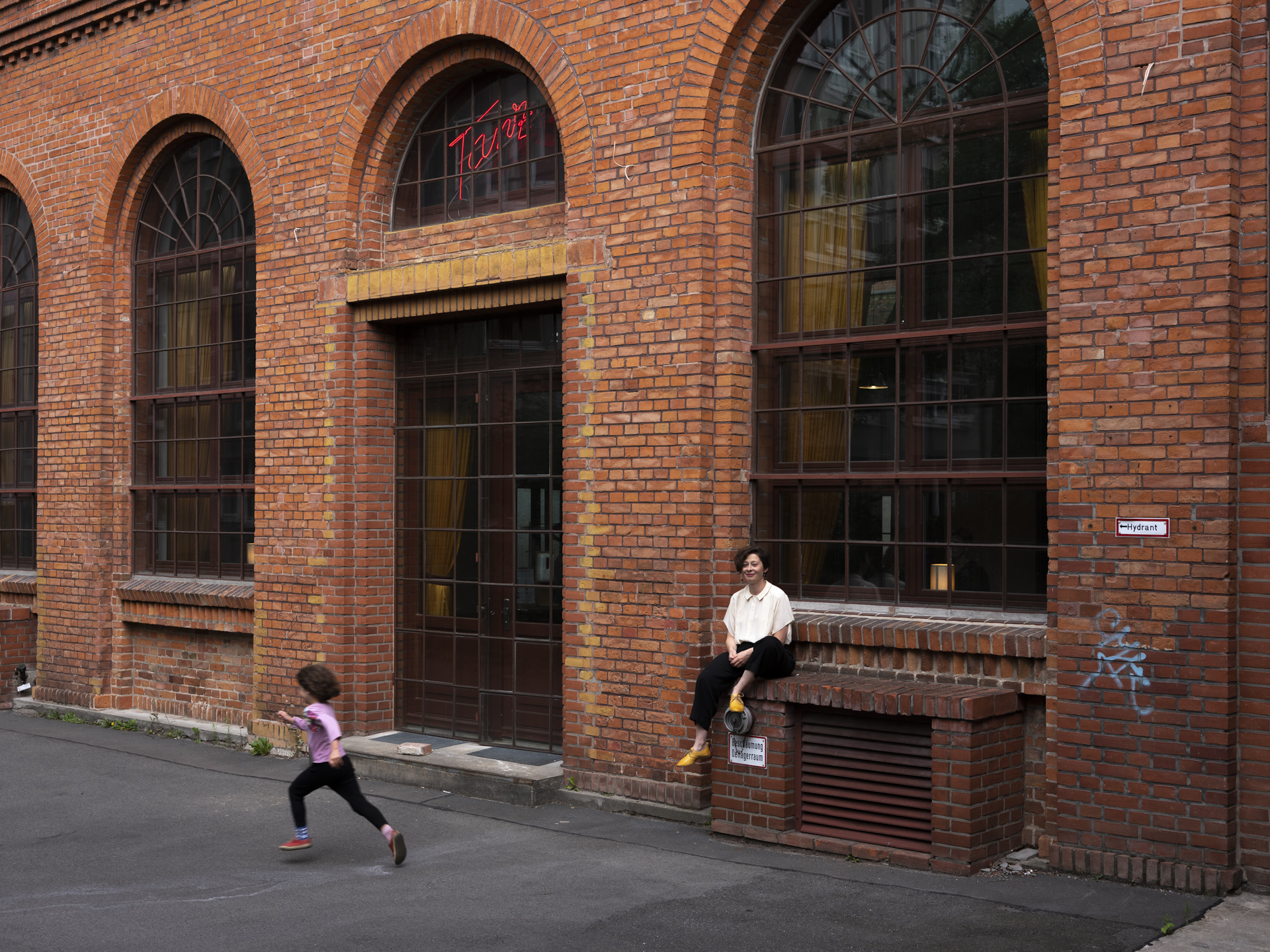
There is a stillness in Salomé Jashi’s films. In front of a fixed camera, small scenes play out in their own rhythm, the main characters themselves seemingly oblivious to the presence of a director. To the eye of the viewer, it’s reality undisturbed, and the reality portrayed is that of Georgia, Jashi’s home country. Born in Tbilisi in 1981, Jashi studied journalism and worked as a reporter for several years before moving to London to study documentary filmmaking.
In meeting her documentaries for the first time, one could perhaps be tempted to say that Jashi’s patient and quietly observing way of making films might be a reaction to this experience: Having worked as a TV reporter, she appears to want to shed the rehearsed artifice of televised reporting to unveil a different kind of reality.
Jashi’s films all seem to meditate on the notion of focalization and realities, and how what’s real depends on one’s point of view. In her short film debut Their Helicopter (2006) we follow a Khevsureti family through the windows of a wrecked Chechen helicopter turned local play hut, thus showing how a small community finds their own logic in scraps of civilization. In the experimental short Speechless (2009) the reality of war is expressed boldly, yet wordlessly, in the faces of survivors of the 2008 Georgian-Russian war. The war is also the subject of Jashi’s latest film, four-minute-long short The Tower (2018), where a family is taking inventory of what is lost. Focalization once again comes into play here, with Jashi never letting her camera graze the remnants of the surviving family’s lost property, but rather focusing her stare on what actually is left, the family itself.
With Bakhmaro (2011) Jashi made her feature documentary debut about a desolate building in the mountain town of Guria, in which the residing businesses are struggling to survive without customers. This is the first film for which Jashi herself did the cinematography, but it holds the trademark imagery often seen in her later work: Elaborately composed tableaux where the objects on screen take on an almost Still-leben quality; hues of browns, greys, and blacks dotted with sudden pops of radiant color; frames within the frame itself; the surprising beauty of the garish juxtaposed with the traditional.
In her latest feature documentary, the award-winning The Dazzling Light of Sunset (2016), these aesthetic cues are developed further. In this contemplative piece, the viewer is guided through a vision of a Georgian village as a micro-cosmos, led by a TV-reporter who spends her days conscientiously reporting on the big and small happenings in her village. Here Jashi seems to draw upon her own journalistic experience to present not only what the reporter conveys, but also what happens behind the scenes. In doing this, she creates multiple, at times contradictory frames in the film, while unveiling several layers of the realities she is aiming to portray. And like in all her films, she refrains from instructing our gaze or our thought, but lets us see for ourselves, carefully, and draw our own conclusions. Sometimes it’s all a matter of focalization.
Text: Live Øra Danielsen
2006: Their Helicopter
(Short film)
2009: Speechless
(Short film)
2011: Bakhmaro
(Documentary)
2016: The Dazzling Light of Sunset
(Documentary)
2018: The Tower
(Short film)


